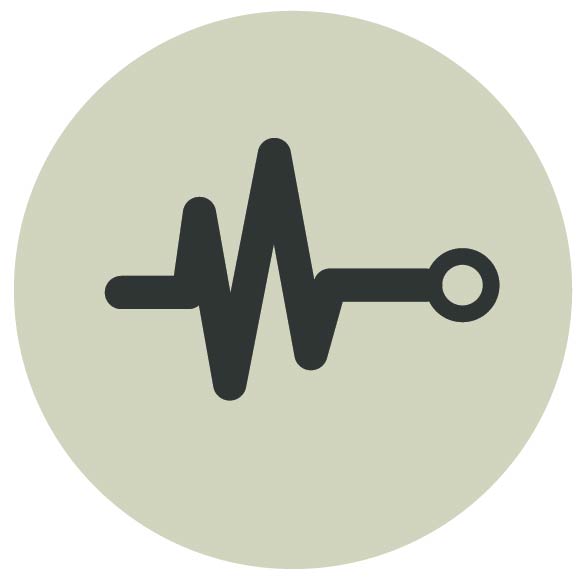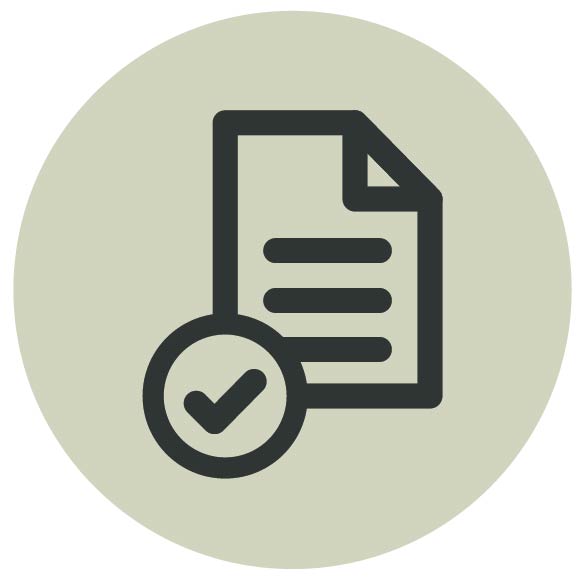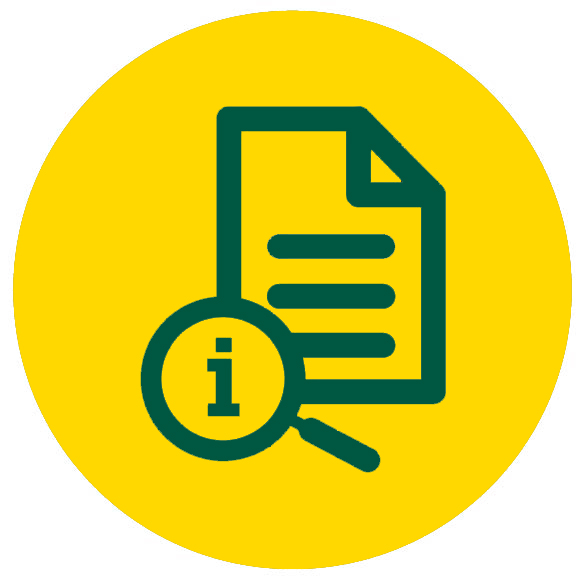Tourette Syndrome (Tourette's) is a neurological condition that causes individuals to make involuntary vocal noises and movements called tics. It usually starts in childhood and can range from mild to very severe. Swearing or saying inappropriate things only affects 10% of people with Tourette's.
Tourette's was named after Gilles de la Tourette, a neurologist who first described it in the 19th Century. People with Tourette's may also have other conditions, like anxiety, obsessive compulsive disorder (OCD), or attention deficit hyperactivity disorder (ADHD).
The content on this page is provided solely for information purposes and provides an overview of the subject matter covered. It is not a substitute for professional medical advice, diagnosis or treatment. If you think you have tourette syndrome, please seek further information. The information on this page is subject to change without notice.
Tourette Syndrome is an invisible disability
 1-2% of the population have Tourette Syndrome
1-2% of the population have Tourette Syndrome Tourette's is different for everyone Less than 10% of people swear, or say socially inappropriate things
Tourette's is different for everyone Less than 10% of people swear, or say socially inappropriate things Tics usually appear between ages of 2 and 14
Tics usually appear between ages of 2 and 14 1 in 10 school children in the UK is estimated to be affected by Tourette Syndrome
1 in 10 school children in the UK is estimated to be affected by Tourette Syndrome Up to 85% have more than tics and experience co-concurring conditions
Up to 85% have more than tics and experience co-concurring conditions Tourette Syndrome stats & facts poster Download here
Tourette Syndrome stats & facts poster Download here
Tourette's is different for everyone
Each person with Tourette's has different tics and will experience diverse symptoms. People with Tourette's have a combination of physical and vocal tics and they usually appear in childhood between the ages of 2 and 14. Most individuals with Tourette's experience a significant decline in physical and vocal tics in late adolescence and early adulthood.
Tics can be simple, involving just a few body parts, such as eye blinking or sniffing, or complex, involving several parts of the body and can have a set pattern. They are not usually harmful for an individual, but can be painful and tiring. Tics can be worse on some days than others and may be worse during periods of stress. anxiety or tiredness.
Physical tics
These are movements of the body and can include blinking, eye rolling, grimacing, jerking of the head or limbs and touching objects and other people.
Vocal tics
These are sounds people make, such as grunting, throat clearing, whistling, coughing, tongue clicking, animal sounds, saying random words and phrases and repeating a sound, word or phrase. Swearing is rare and only affects about 1 in 10 people with Tourette's.
Tourette's waxes and wanes and tics change over time. People with Tourette's may also have other conditions, like anxiety, obsessive compulsive disorder (OCD), attention deficit hyperactivity disorder (ADHD) or learning difficulties. Fatigue, pain and difficulties with concentrating and memory can also be experienced.
Strong verbal skills, tenacity, creativity, empathy, and hyper-focus are associated with Tourette's.
Effects on and barriers faced in daily life
- Most people have misconceptions about Tourette's or are unfamiliar with what Tourette Syndrome is, which can:
- negatively impact self-esteem, relationships with others and self-efficacy - a person’s belief in their ability to succeed in a particular situation,
- lead to discrimination and prejudice
- lead to children being at risk of bullying because their tics might single them out
- Co-workers and supervisors may not be aware of how Tourette Syndrome can affect a colleague
- Concerns about job and employment prospects as a result of having Tourette's
- Difficulties concentrating: this can be aggravated by the environment they are in, for example in a noisy environment or by fatigue and pain
- Tourette's can significantly influence school experience and educational attainment
- Pain and fatigue as a consequence of having Tourette's
Assistance and support you can offer
- Be aware of misconceptions about Tourette Syndrome - the biggest misconception is that everybody with the condition swears: only 10% of people with Tourette Syndrome experience this
- Do not make assumptions about how Tourette's affects someone - it is different for everyone. Find out from them from their Tourette's is like and how you can support them
- Identify and limit triggers that may increase symptoms: for example, stress or sensory distractions
- Consider providing a calm, quiet space
Sources:
Genius Within: https://www.geniuswithin.org/
NHS: https://www.nhs.uk/conditions/tourettes-syndrome/
Tourette's Action: https://www.tourettes-action.org.uk/
https://www.tourettes-action.org.uk/images/video/EmploymentAndTourette's-NancyDoyleWebinar.mp4
TS Parents Online: https://njcts.org/
CDC: https://www.cdc.gov/
Look out for these Sunflower icons
 I may need more time
I may need more time I need a quiet/safe place
I need a quiet/safe place I am sensitive to sound
I am sensitive to sound I am sensitive to light
I am sensitive to light
 I am sensitive to smell
I am sensitive to smell I have a hidden disability
I have a hidden disability
The content on this page is provided solely for information purposes and provides an overview of the subject matter covered. It is not a substitute for professional medical advice, diagnosis or treatment. If you think you have Tourette Syndrome, please seek further information. The information on this page is subject to change without notice.


